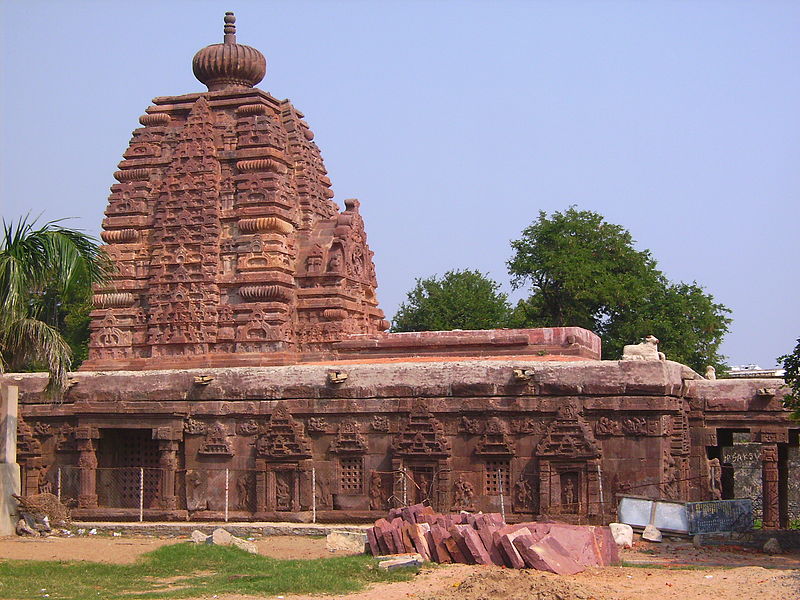Embracing the Ebony Tree: The Sacred Symbolism and Sanctity in Hinduism
Discover the significance of the ebony tree in Hinduism; explore its mythological connections, sacred uses, and spiritual symbolism in ancient texts.

The ebony tree is a magnificent creation of nature that holds a significant place in Hinduism. It is a tree that embodies strength, resilience, and sacredness, and its wood is often used for various religious and cultural purposes. In this post, we shall delve into the importance of the ebony tree in Hinduism and its symbolism in the practice of this rich and diverse religion.
One of the most notable aspects of the ebony tree is its strong and dense wood, which is known for its durability and resistance to decay. This characteristic is symbolic of the indestructible nature of the Atman or the soul in Hinduism. The ebony tree serves as a reminder of the eternal and unchanging aspect of our inner selves that transcends the transient nature of our physical existence.
In many traditional Indian households, you will find idols and statues of Hindu deities carved from ebony wood. This is because the wood is believed to possess spiritual energy that amplifies the divine presence of the gods and goddesses. Furthermore, ebony wood is also used to make sacred items such as prayer beads and religious artifacts, which are believed to help the devout connect with the divine and attain spiritual growth.
Apart from its religious significance, the ebony tree also has a deep connection with Indian culture and arts. For generations, artisans have used the rich, dark wood to create intricate and exquisite sculptures, woodwork, and furniture that showcase the incredible craftsmanship and skill of Indian artisans. These creations are often embellished with intricate carvings and inlays, giving them an air of sophistication and beauty that is difficult to replicate.
In conclusion, the ebony tree is a symbol of strength, resilience, and spirituality in Hinduism. Its durable wood serves as a reminder of the eternal nature of the soul, while its use in crafting religious artifacts and idols underscores its spiritual significance. Moreover, the ebony tree holds a special place in Indian culture and arts, with its wood being used to create stunning pieces of art and furniture that are a testament to the skill and creativity of Indian artisans. As we appreciate the beauty and symbolism of the ebony tree, we are reminded of the depth and richness of Hinduism and the diverse ways in which it is woven into the fabric of Indian society.




